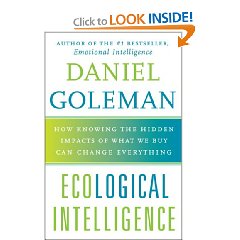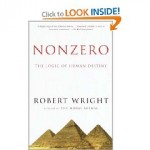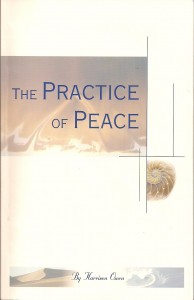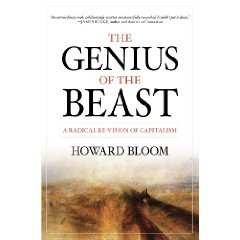
![]() From 4 to Five for Gifted Story and Amazon Price Cut
From 4 to Five for Gifted Story and Amazon Price Cut
The author's “big idea” is called “Radical Transparency,” what the rest of us have been calling “Open Books for decades. I like it, and in the context of his elegant story-telling, I buy in. This book also goes to a five because it is an Information Operations (IO) books, ably focused on data, information, and information-sharing as well as collective sense-making. He author anticipates most of us becoming “active agents” for change, armed with information as Thomas Jefferson understood so well.
CORE NUGGET: Life Cycle Assessment (LCA) is not done for most things, but when done right, it is mainly data and it tracks impacts on human health, ecosystems, climate change, and resource draw-down, for every single component and every single process including transport, packaging, etcetera. Toward the end of the book when the author talks about how an LCA commons is emerging, and quotes Andy Ruben of normally ultra-evil Wal-Mart as saying that LCA innovation “is the largest strategic opportunity companies will see for the next fifty years,” I am seriously impressed.




